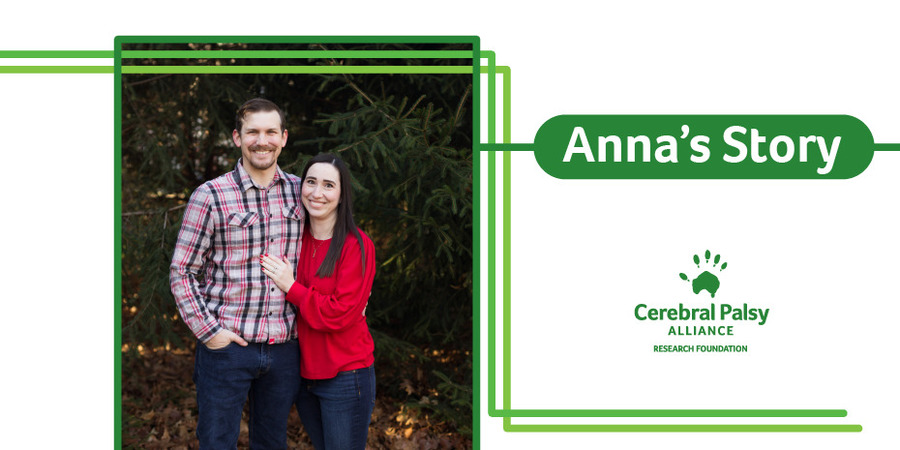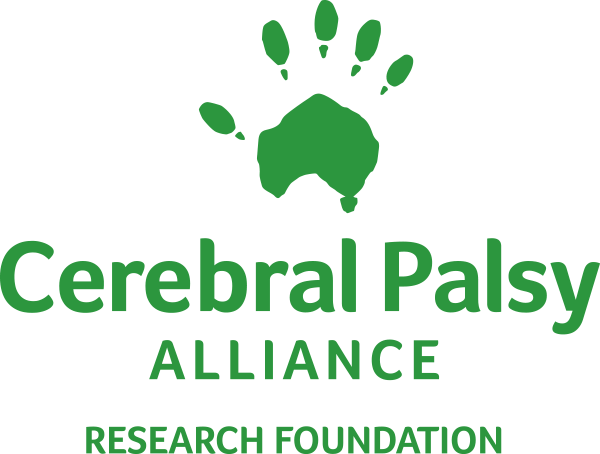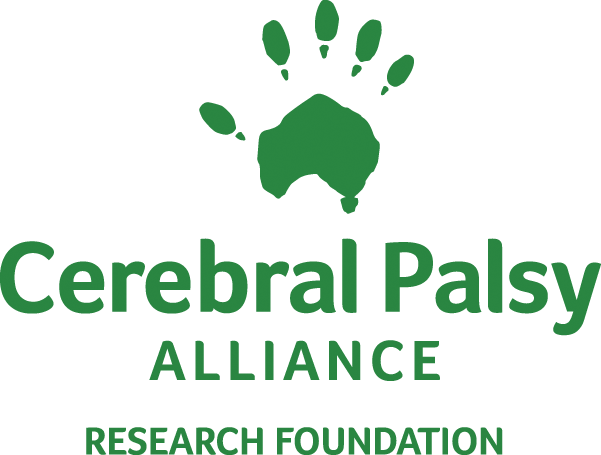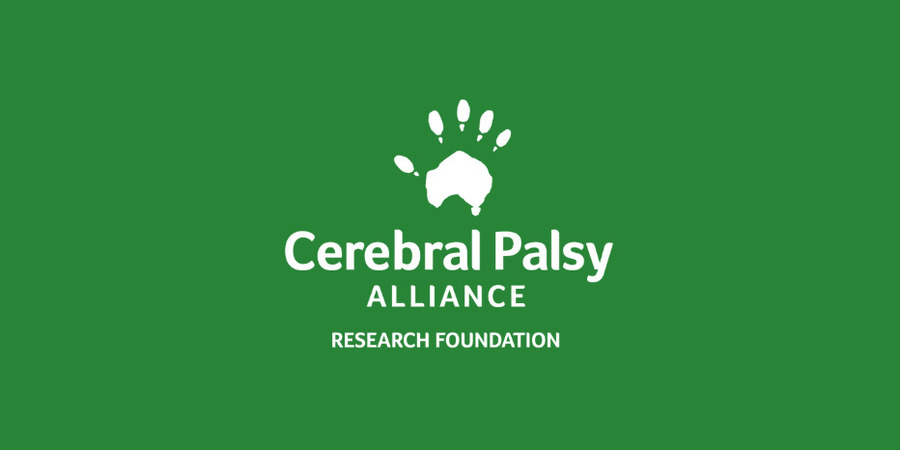
CARE & GIVING: Anna's Story, Part II
By Anna Kraft*
We're back with part two of a four-part series from Anna, a mother of a young son with cerebral palsy.
I also feel that it is important to be honest about the challenges we face, which are both practical and speculative. For example, COVID caused major delays in getting Bert the help he needed. Also, the amount of time and effort it takes to complete all the forms and applications related to insurance and other financial and administrative situations is intense. Additionally, when my husband and I received Bert’s diagnosis, we didn’t receive anything else. Which is to say, we didn’t receive any information about support, resources, or activities. We had to seek out all of that information for ourselves with little guidance. Also, right now Bert is only 2 years old, and we wonder – with apprehension – what his life will be like at 5, 15, 25, 50. We wonder if we are doing all the “right” things for him. We struggle to find the perfect balance between making sure he is doing his daily physical therapy activities at home and just letting him play. We want to make sure we push him but not to his limits. We are not disabled ourselves, and we do not want to co-opt that identity, but we are the voice for a disabled child who currently cannot speak for himself. Bert also has a younger brother, Hank, who is an infant, and my husband and I have had to tell each other out loud multiple times to not watch and analyze Hank’s every movement. These fears and questions and worries don’t have perfect answers, and we try to rest nightly in the peace that we are doing the best we can.
I am certainly no expert, and I am new to parenting a child with a diagnosed disability, but I want parents of other children with CP to know that it is okay to be scared, angry, or worried. Feel your feelings. I’d be lying if I said there haven’t been times that I have ruminated on the cause of Bert’s CP, but I have since come to accept that we’ll never know. Seek support for yourself, whether it’s a spouse, family member, close friend, or mental health professional. (Personally, I use all of the above!) When you struggle, please remember: this is hard because it is hard, not because you are doing it wrong. It is important to surround yourself, your child, and your family with other disabled voices. Find a swimming class or soccer program for children with disabilities. See if there are local playgroups or meet ups. Social media offers a wealth of information; I have found informative accounts to follow on Instagram so that I can learn from adults with CP.
*Anna's story is part of CARE & GIVING.This series covers a few different aspects of the cerebral palsy community. It features the experiences of those who care about and for people with cerebral palsy, including parents and caregivers, therapists, paraprofessionals, and other allies. It also highlights donors who have made it their mission to move cerebral palsy forward, because care and giving go hand in hand.
The CARE & GIVING blog is intended solely to raise awareness about the varied human experience with cerebral palsy and shouldn't be read or construed to contain any medical advice or medical endorsement by Cerebral Palsy Alliance Research Foundation. Only you and your doctor know what's best for you. Please consult your doctor for medical advice.
Mon 06 Jan 2025
As the global population ages, the need for assistive technology continues to grow—especially among women, who make up the majority of the aging population, and people with disabilities.
Fri 06 Dec 2024
CPARF-funded study suggests that 8% of all people with cerebral palsy could benefit from genetic testing, opening future pathways for improved care and quality of life.



